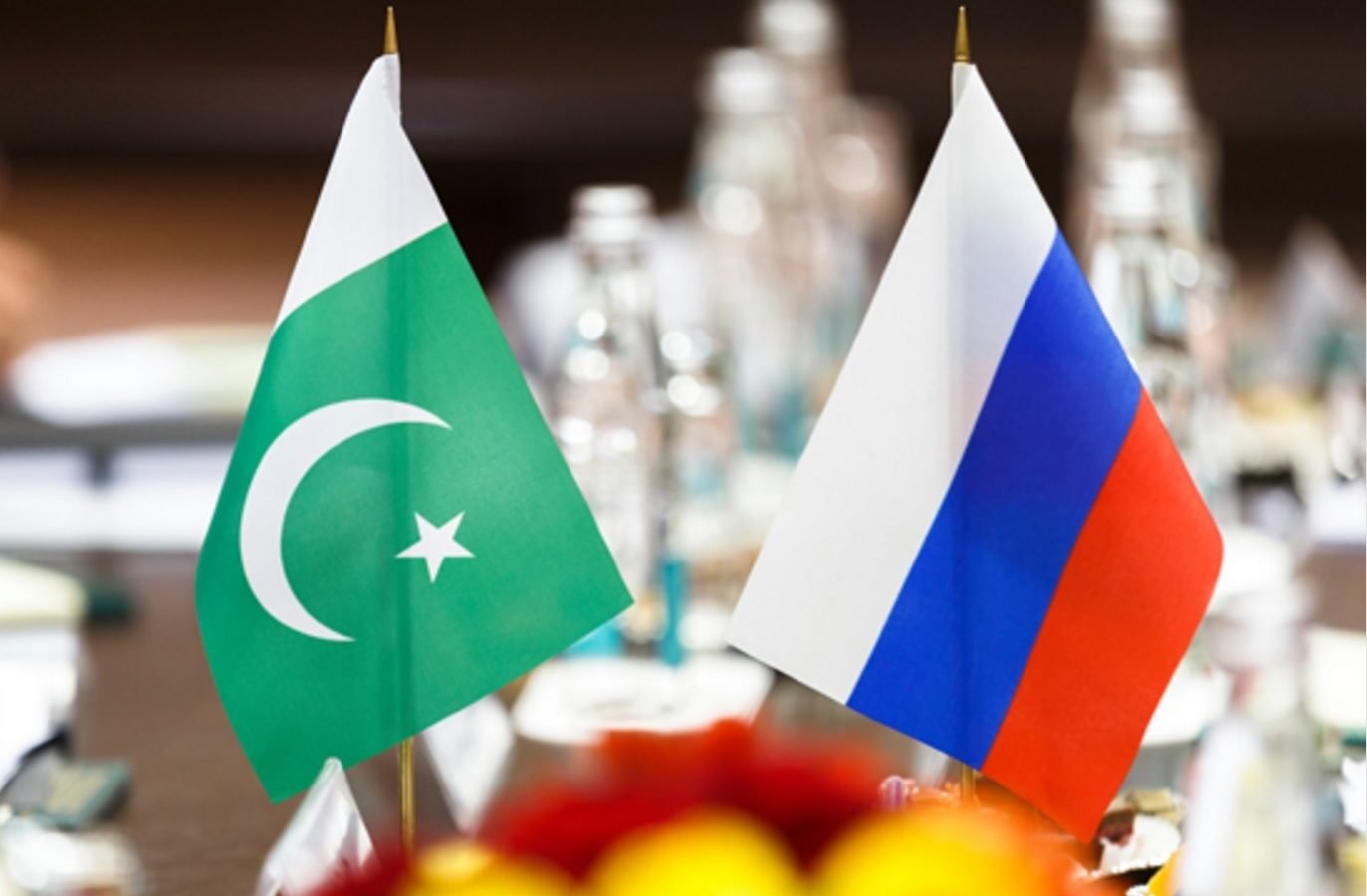In a strategic move to avoid payment challenges posed by Western sanctions, two agricultural companies from Russia and Pakistan have entered into barter agreements to facilitate trade. Russia’s Astarta-Agrotrading and Pakistan’s Meskay & Femtee Trading Company have agreed to exchange chickpeas and lentils from Russia for rice, mandarins, and potatoes from Pakistan, as reported by Russia’s TASS news.
The barter deals come as Moscow seeks alternatives to traditional payment methods, which have been complicated by sanctions following Russia’s invasion of Ukraine in February 2022. These agreements aim to eliminate the need for currency exchange, reduce Western oversight of trade flows, and mitigate currency risks.
Under the terms of the agreements, Astarta-Agrotrading will supply 20,000 tonnes of chickpeas in exchange for 20,000 tonnes of rice from Pakistan. Additionally, another contract stipulates the supply of 15,000 tonnes of chickpeas and 10,000 tonnes of lentils in return for 15,000 tonnes of mandarins and 10,000 tonnes of potatoes.
The companies involved have not yet responded to requests for comment.
A Pakistani official, speaking at a Pakistan-Russia trade forum in Moscow, noted the specific difficulties both countries face in executing mutual payments. “Therefore, the two companies decided to launch a barter trade mechanism,” the official was quoted as saying by TASS.
Russia is also exploring similar barter arrangements with China, as bilateral trade between the two nations continues to grow. Sources indicated that the first agricultural barter deals between Russia and China are expected to commence this autumn. In February, Russia’s economy ministry issued guidance for Russian companies on conducting barter transactions, highlighting potential challenges to avoid.
A source in payment markets confirmed told Reuters that barter deals with China are already occurring, albeit at the level of individual companies










